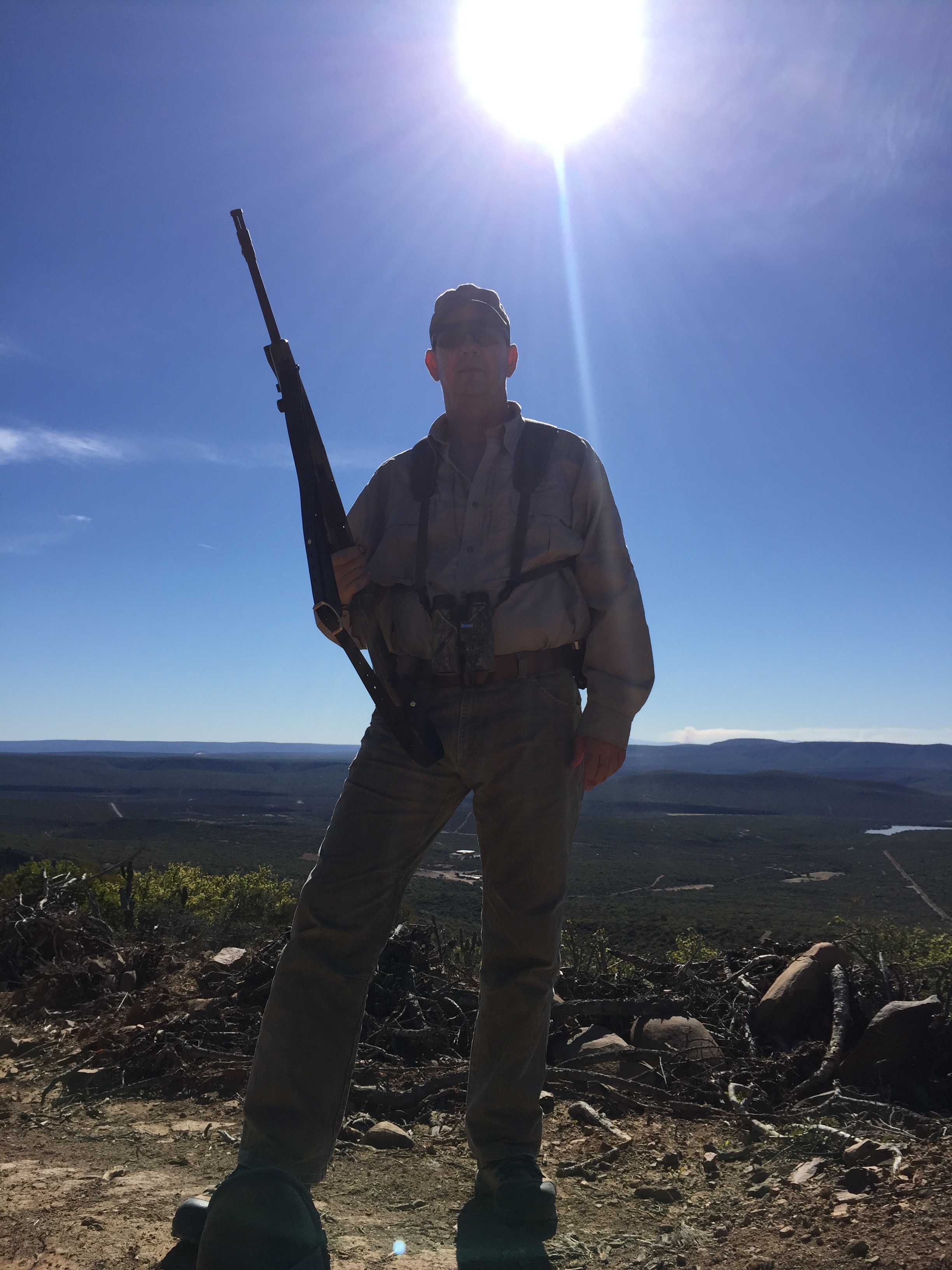Do You Really Need Training?
Do you really need training* to successfully defend yourself with a firearm? The answer may surprise you.
“This just in…”
More than one study has shown that Americans defend themselves with firearms somewhere around 2 million times per year. In the vast majority of those encounters (~90%) no shots are fired, but even when they are, the good guys prevail the vast majority of the time. And by that, I mean that they survive the attack and they avoid serious legal fallout. How do I know? Because…let’s be honest…if any significant percentage of 2 million armed citizens were losing to their attackers or the legal system, we’d hear about it.
That’s not to say that we don’t see some horrendous behavior with guns from time to time, or that armed citizens never get themselves into trouble. It happens, and it’s usually big news when it does. But if it were the norm rather than the exception, we’d be seeing hundreds (if not thousands) of these stories on the news every day. Does that mean that most of these 2 million or so defenders were successful because they take regular training and practice diligently with their chosen firearm? I’m unaware of any data which answers that question (I’ve looked), but I’d be willing to bet a steak dinner that the highly trained make up a pretty small subset of that 2 million.
So the answer to the question, “Do you need training to successfully defend yourself with a firearm” for most people, most of the time, would seem to be “no.” This is practically heresy in the firearms training community, but I’m saying it. The numbers seem to indicate that most of the time, armed citizens with little to no training succeed in defending themselves, and they don’t break the law doing it.
Image courtesy of Oleg Volk
I believe there is one overriding factor which leads to this relatively high rate of success versus minimal (or no) training. I think the average defensive scenario encountered by an armed citizen is a relatively simple problem to solve. If someone is trying to rob you, rape you, carjack you, or home invade you, it isn’t too hard to figure out exactly who needs to be shot…and they are usually pretty close to you. Like I said…not the most difficult defensive problem to solve with the proper tool and a little bit of effort.
This is not to say that professional training is not useful or desireable. It is. The average defensive scenario might indeed be relatively simple, but what if the situation you find yourself in is on a more extreme end of that bell curve? Then some professional training may be what saves your bacon that day. When everything that can go wrong is going wrong, and you need every bit of skill you can summon to make it home…well, it’s hard to put a dollar sign on the value of good training.
Image courtesy of Oleg Volk.
The reality is, however, that most of us do have to put a dollar sign on it. And it’s not just dollars. We all live real lives in a real world where money and time are not unlimited, and choices must be made that balance jobs and families and bank accounts…and being prepared to defend your life with a firearm. I call it the economics of training, and to most people it means that…despite the recommendations of chest-thumping internet heros…they will train very little. And I’m here to tell you that’s OK.
It doesn’t mean I’m opposed to training ( I am an instructor, you know). It can absolutely improve your skills and thus your chances in a self defense situation, build confidence…and it can even be fun. But the very reason that a gun is such an effective defensive tool is because it is so potent in the hands of even a relatively unskilled user, and this is a big reason why they fly off the shelves during crime waves and other times of crisis.
Yours truly (3rd from left, rear…in class with the late, great teacher Louis Awerbuck.
You absolutely should get some skills training if you can. If you can’t fit an in-person class into your life, do some self study. Do some mental rehearsal and train your brain. Do some dry fire practice. Do the best you can, when you can, with what you have. But don’t fall into the trap of thinking that the gun has to be your life to save your life.
*When I say “training,” I’m not talking about your basic concealed carry class, and I’m not talking about simply going to the range and getting some practice (even focused, intentional practice). I’m referring to attendance at a professionally instructed defensive firearms class.
Please take a moment to answer this short survey on concealed carry and training habits. All answers are confidential. If none of the available answers fit your situation exactly, just choose the best answer.









